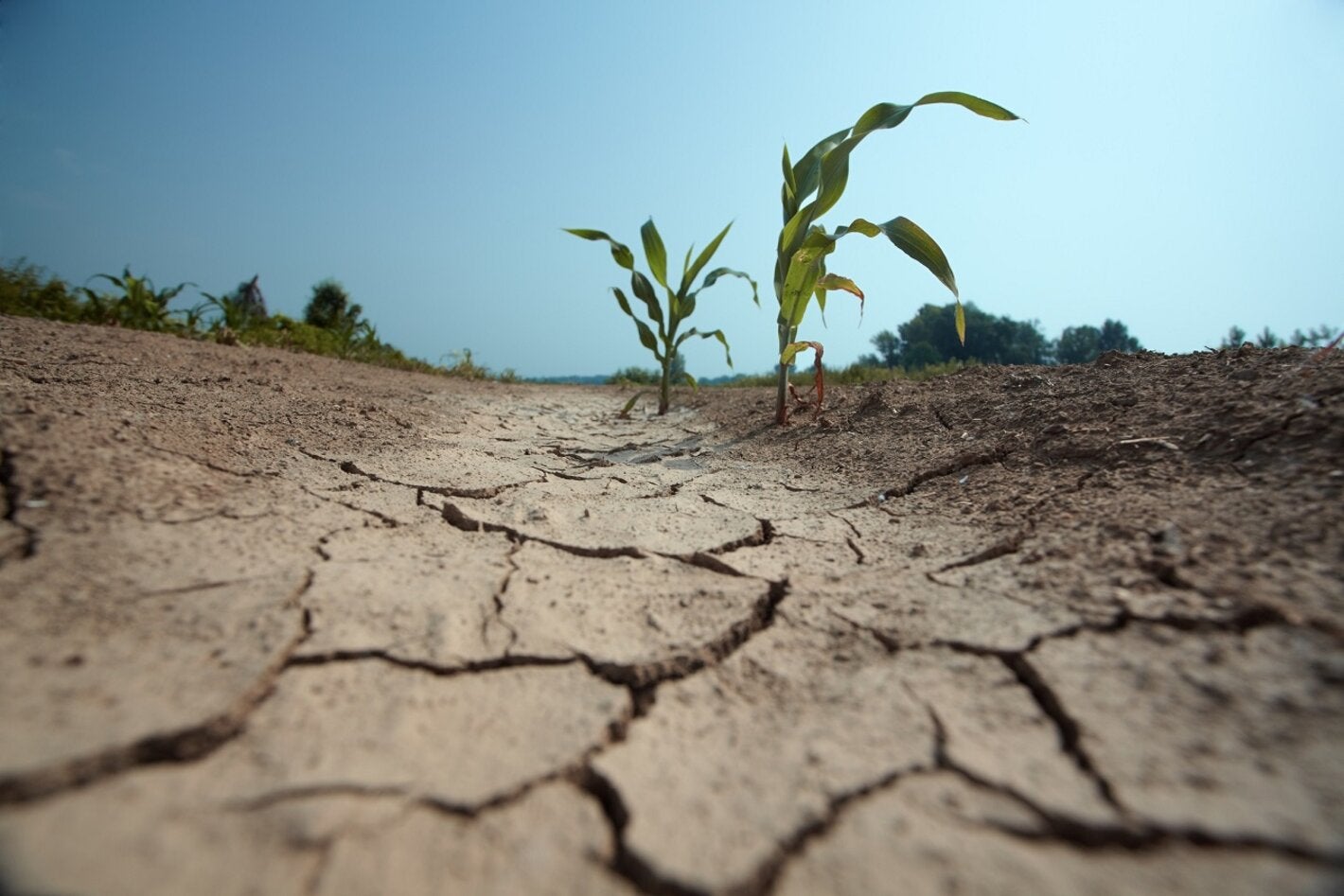Caribbean Journalists and Communicators Complete Climate Change and Health Training Series
07 July 2023

Bridgetown, Barbados, 7 July 2023 (PAHO/WHO) – Just over 50 Caribbean journalists and communicators from 19 countries today completed a series of trainings, facilitated by the Media Institute of the Caribbean (MIC), to understand the linkages between climate change and health.
While noting that perhaps some of the indirect effects of climate on health are less understood and mitigating the impacts of climate change is often framed as an unachievable goal, Dean Chambliss, Subregional Program Director of the Pan American Health Organisation (PAHO) Caribbean Subregional Program Coordination Office, called on the participants to humanise climate and health story angles.
The indirect health consequences of climate change include changes in rainfall patterns which can disrupt agriculture, leading to food shortages and malnutrition. Rising sea levels threaten coastal communities, exposing them to saltwater intrusion, which can contaminate freshwater sources and lead to a rise in waterborne illnesses. Disasters and the loss of homes and livelihoods can also severely impact mental health, by triggering post-traumatic stress disorder (PTSD), anxiety, depression, and other psychological conditions.
“You can tell the stories of those most affected, and to connect the dots between climate change and its impact on health. However, to do this, we must ensure that journalists and communicators understand climate science and can explain it in simple terms, as well as how climate change impacts the well-being of the people in the Caribbean, why it is a health equity issue, and the highly topical issue of climate justice,” he stated.
President of the MIC, Kiran Maharaj, pointed out that recent global events have demonstrated the need to focus more attention on the impact on our communities with more diligent reporting. “Journalists are the bridge to understanding between the experts and the public, so sessions such as these, are about building capacity and supporting the everyday lives of everyone we reach with our stories. It is a necessary and collaborative effort to improve awareness and sensitivity, so we can find solutions,” Ms Maharaj highlighted.
The communications professionals are being urged to not only highlight the problems but also the innovative solutions being implemented across the region.
“By showcasing successful adaptation strategies, we can inspire others and encourage policymakers to invest in climate-resilient infrastructure, sustainable agriculture, and renewable energy… By doing so, we can incentivize and empower individuals, policymakers, and communities to take action to mitigate the effects and adapt to the changing climate, and to include health considerations in these areas,” Mr Chambliss emphasized.
At least three successful journalists will be selected to receive a grant to fund the production of a multimedia climate change and health-related story which will be disseminated by the MIC and PAHO. The training is one aspect of the EU/CARIFORUM Strengthening Climate Resilience Health Systems in the Caribbean project being implemented from 2020-2025 in 16 Member States of CARIFORUM and Cuba.



